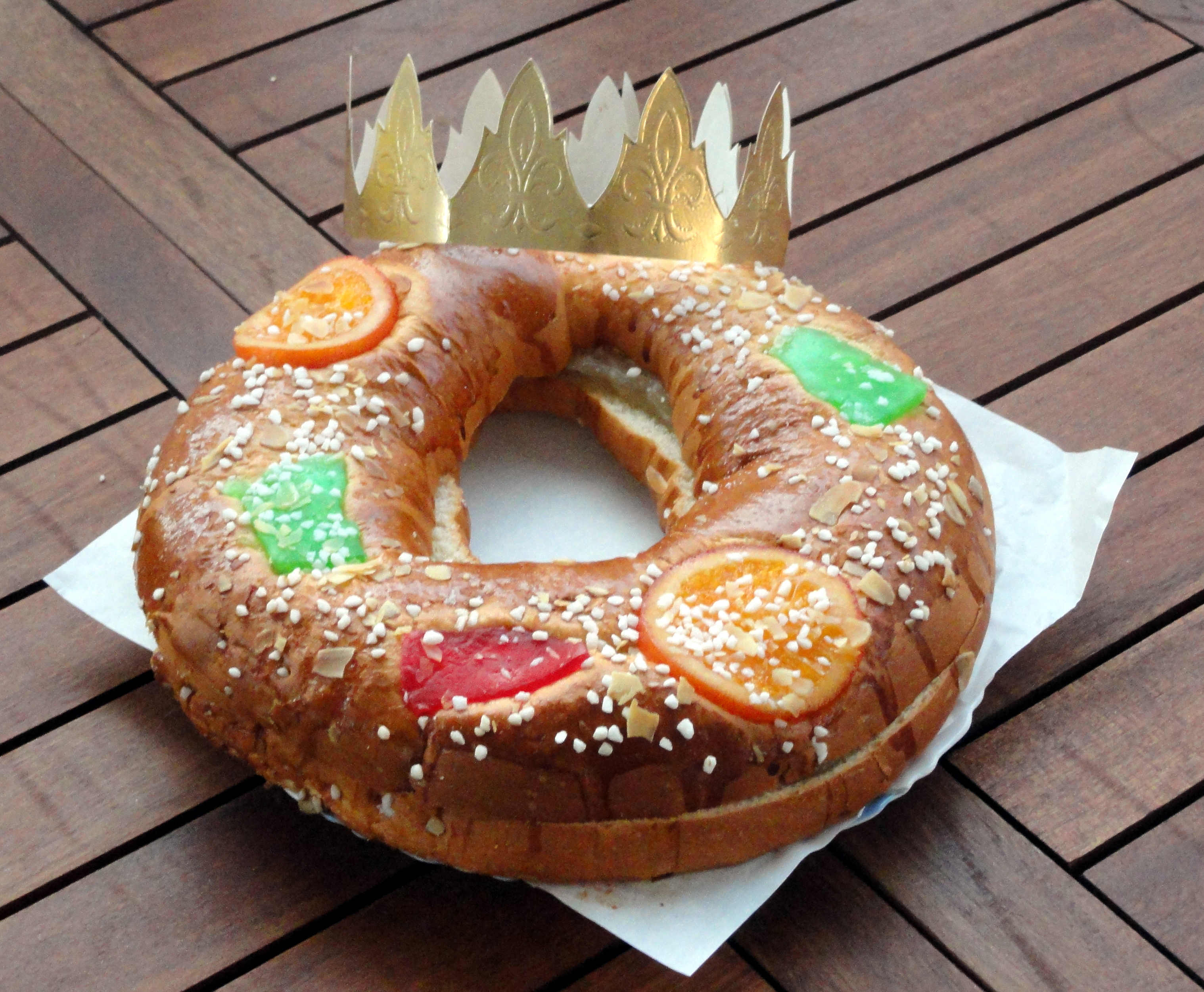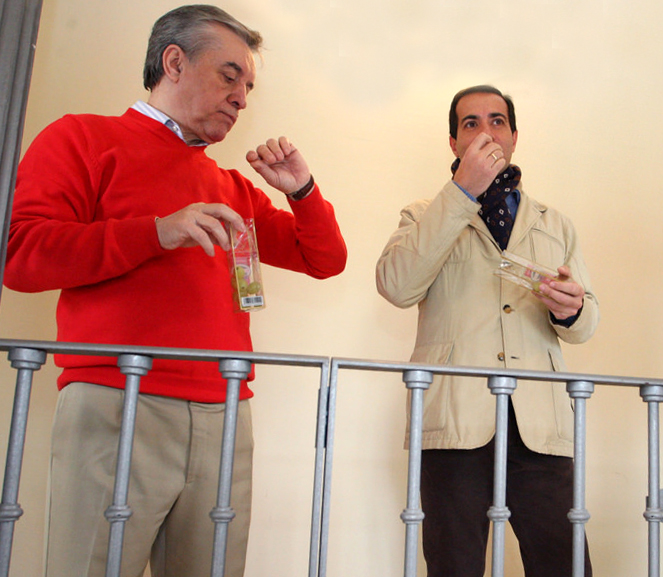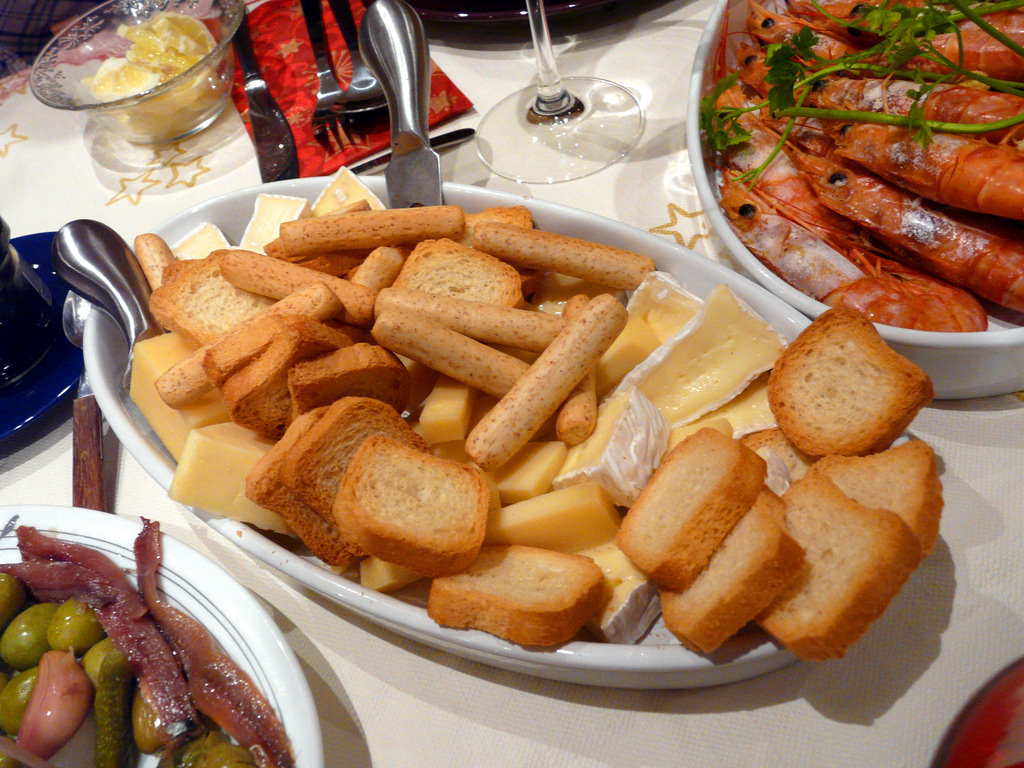Food and Drink: Special Occasion Foods
Christmas Eve
Christmas in Spain is often celebrated with a large family meal on Christmas Eve, La Nochebuena. As is typical of Spanish meals, dinner on Christmas Eve is eaten late in the evening and can last for a few hours, sometimes revolving around midnight mass. The meal begins with tapas that typically include langostinos (king prawns) or a platter of cold cuts, cheese, and bread. A course of warm soup is followed by a main course of roast lamb, turkey, or duck. Turrón de Navidad, an almond nougat brittle, is a Christmas specialty, and polvorones (almond cookies) and mantecados (crumble cakes) are also favorites. Dessert is followed by a few glasses of cava (sparkling wine) and a round of toasts.
New Year’s Eve
To ring in the New Year, Spaniards traditionally eat 12 grapes, known as las doce uvas de la suerte, or “the twelve lucky grapes.” As the clock strikes midnight, eager Spaniards eat one grape for every toll of the clock tower—practiced grape-eaters might prepare by removing the grape’s seeds and skin beforehand. Each grape represents a month of the coming year, and custom holds that finishing all 12 grapes in 12 seconds guarantees a lucky New Year. A favorite site of celebration, the Puerta del Sol square in Madrid is famously associated with the first instance of celebratory grape eating.
Epiphany
Whereas Christmas is a somber religious holiday, January 6th, or Epiphany, is full of merrymaking. Spaniards exchange gifts and sit down to another holiday feast. Many gifts are said to be brought during the night by the Reyes Magos, or the Three Wise Men, who, according to Christian tradition, brought gifts to the infant Jesus Christ. On Epiphany, Spaniards traditionally enjoy roscón de reyes (king’s cake), a ring of dough studded with candied fruit and nuts, sometimes filled with whipped cream. A small glass or plastic baby is embedded in the pastry before it is baked, and whoever receives it typically wins a prize.
Article written for World Trade Press by Christine Kiilerich.
Copyright © 1993—2024 World Trade Press. All rights reserved.

 Spain
Spain 

